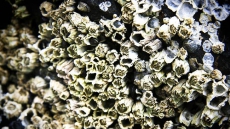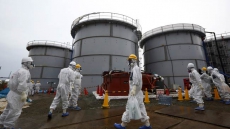In a significant breakthrough, scientists have synthesised a catalyst that improves the system for converting waste carbon dioxide into syngas -- a precursor of gasoline and other energy-rich products.
Scientists from University of Illinois in Chicago developed a unique two-step catalytic process that uses molybdenum disulfide and an ionic liquid to "reduce", or transfer electrons, to carbon dioxide in a chemical reaction.
The new catalyst improves efficiency and lowers cost by replacing expensive metals like gold or silver in the reduction reaction.
"With this catalyst, we can directly reduce carbon dioxide to syngas without the need for a secondary, expensive gasification process," said Mohammad Asadi from University of Illinois.
In other chemical-reduction systems, the only reaction product is carbon monoxide.
The new catalyst produces syngas, a mixture of carbon monoxide plus hydrogen.
"The proportion of carbon monoxide to hydrogen in the syngas produced in the reaction can also be easily manipulated using the new catalyst," added Amin Salehi-Khojin, a professor of mechanical and industrial engineering.
This is a real breakthrough that can take a waste gas - carbon dioxide - and use inexpensive catalysts to produce another source of energy at large-scale, while making a healthier environment, researchers claimed.
The study was published in the journal Nature Communications.





